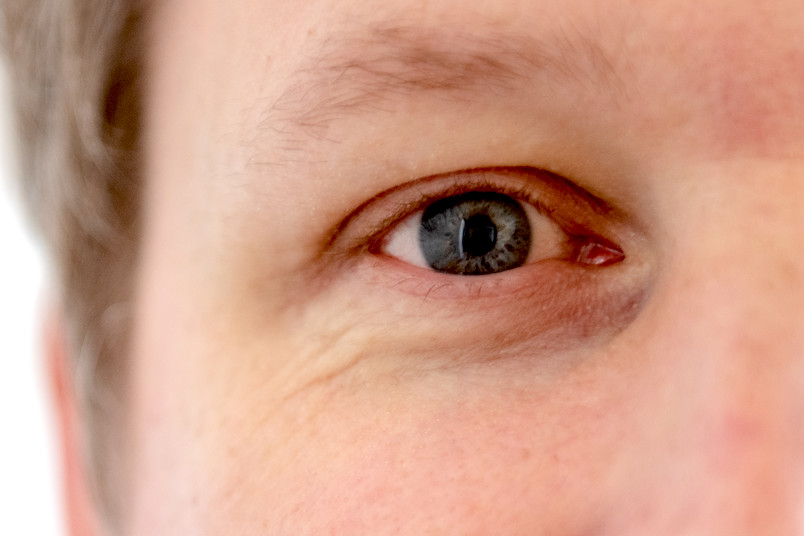Restoring visual functions of the brain – project funded by EU
An international team of scientists around Udo Ernst (University of Bremen) and Dirk Jancke (Ruhr University Bochum) is researching possibilities for implants that are intended to directly target areas of the brain responsible for processing visual information.

© RUB, Marquard
/RUB, Driessen/ BN, Duppé/ Implants should directly target the areas of the brain responsible for processing visual information. The vision that drives the consortium of the “I See” project is a miniature camera that collects visual information, which is translated into suitable signal patterns and transmitted to implants in the brain, so that blind people can once again have visual impressions. The research team from Germany, Switzerland and Canada, which includes the neuroscientist from the Ruhr-Universität Bochum (RUB), Privatdozent Dr. Dirk Jancke, is funded by the European Commission with aapproximately 900,000 Euros.
Learning to speak the language of the brain
The planned implants will specifically address areas in the brain that are responsible for processing visual information. “In order to develop such brain-computer interfaces, we have to learn to speak the language of the brain using micro-electrical component,” says Dirk Jancke. The aim of the project is to provide technical aids to make visual information accessible to blind patients. These must be applicable in in everyday life situations. “At the same time, we gain important basic knowledge for the diagnosis and treatment of neurophysiological diseases of the brain,” Dirk Jancke explains.
In hearing, another essential human sense, the use of cochlear implants has been medical standard for decades. For the sense of vision, such peripheral prostheses are only possible to a limited extent. While electronic retinal implants can be used for diseases of the retina such as retinopathy pigmentosa, aids for central diseases of the visual system, such as those caused by diabetes mellitus, are only possible by directly controlling brain activity.
Four million people affected worldwide
The quality of life is immensely reduced if certain brain functions are disturbed. The loss of vision is particularly tragic in a wold which increasingly relies on visual control. According to estimates of the German Association for the Blind and Visually Impaired, about 150,000 blind and about 500,000 visually impaired people are affected in Germany, worldwide this number amounts to four million people.




